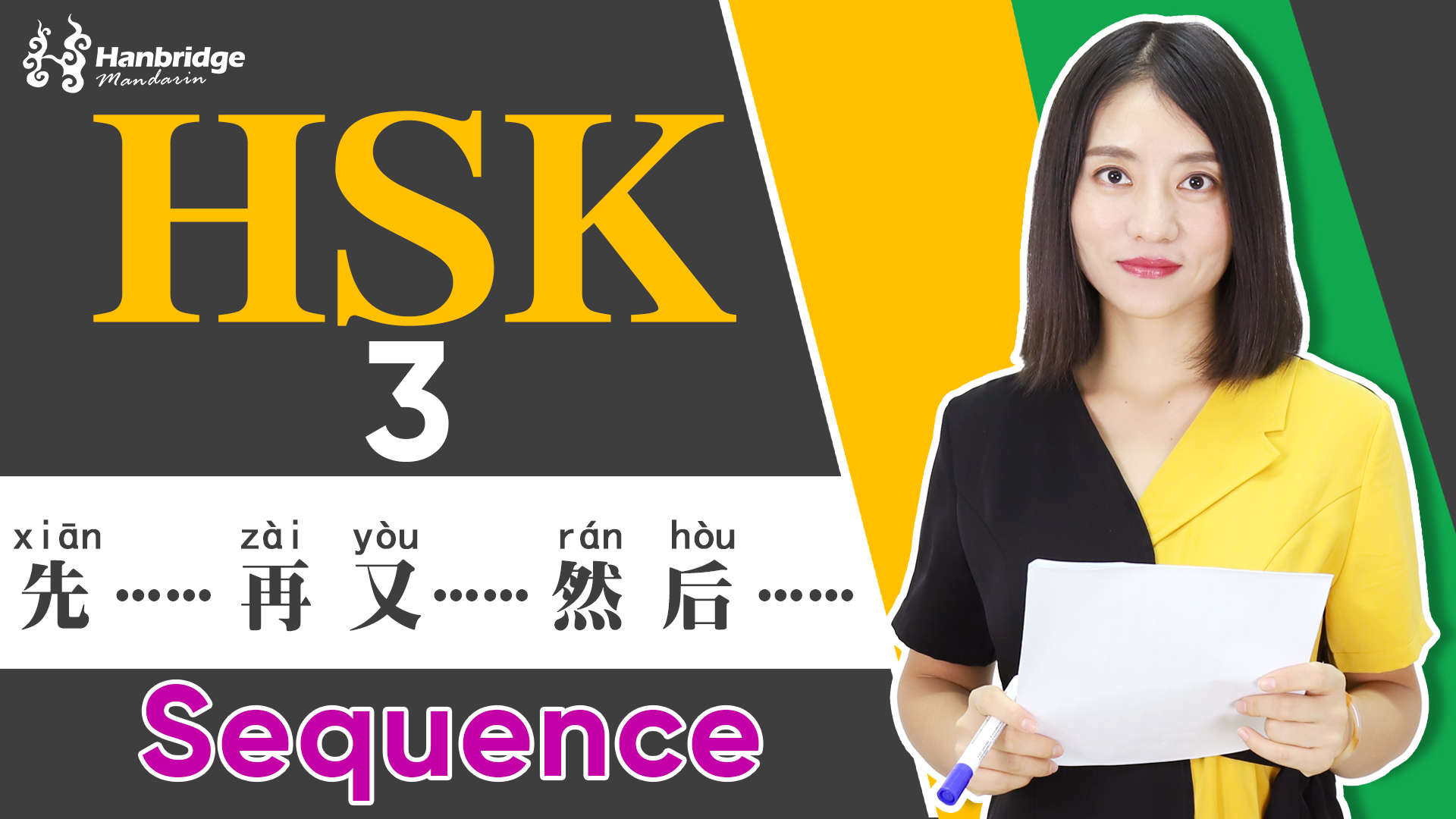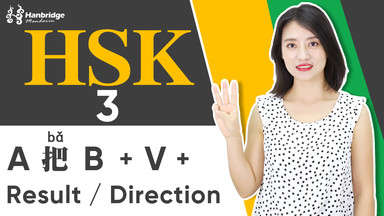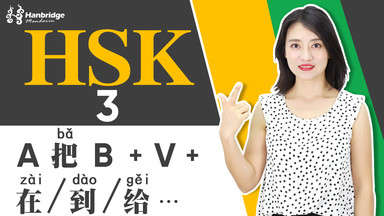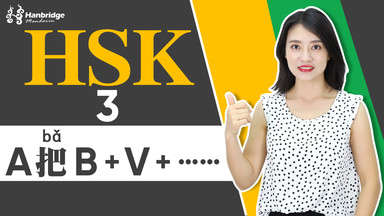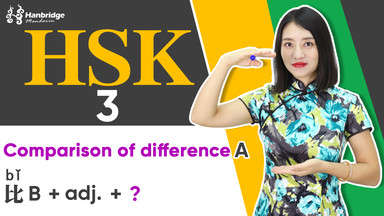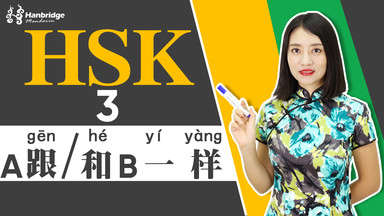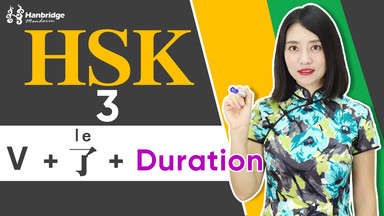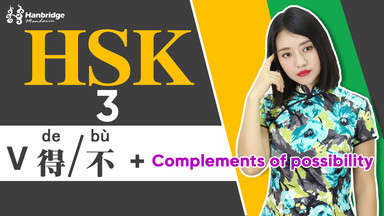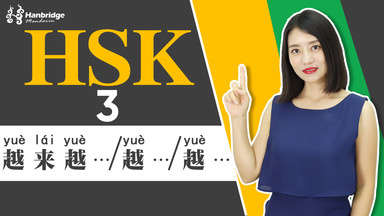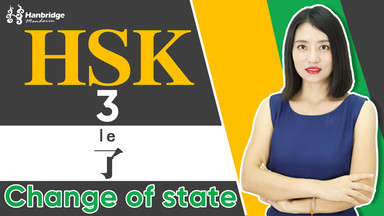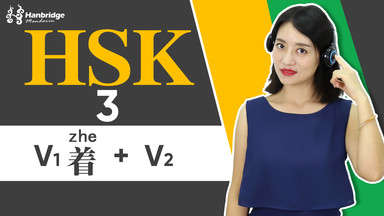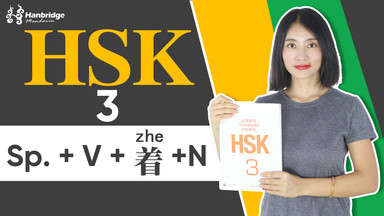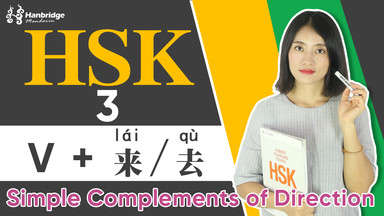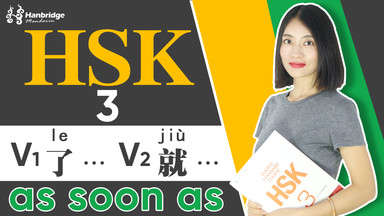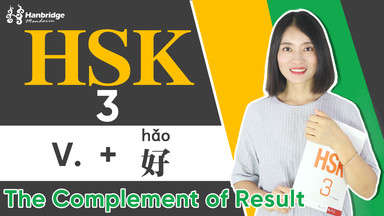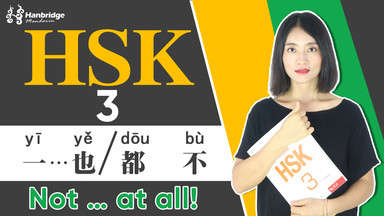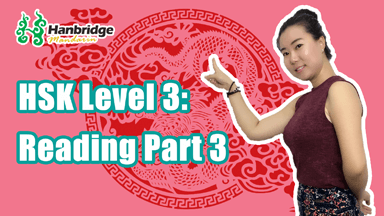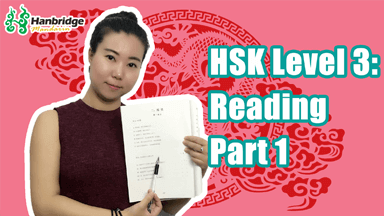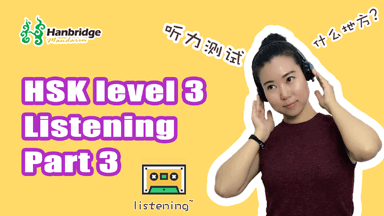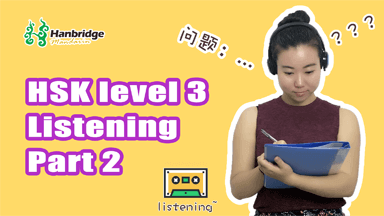HSK 3 Sentence Structure 18
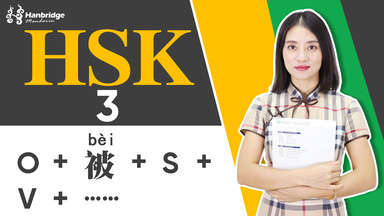

Teacher: Vikki Lv Experience: 4 years
HSK 3 Sentence Structure 18
Teacher : Vikki Lv
你好!我是汉桥的老师,欢迎大家和我们一起学习HSK3.
Today we will introduce The Bei-sentence to you.
In Chinese, a sentence with “被“ can express the passive voice, and the sentence structure is like this: O+被+S+V+…
As this is the passive voice, the S gives the action and the O receives it.
我们看一下例子:
You destroyed my plan. we can also say “My plan was destroyed by you.”
In Chinese they are :
你毁了我的计划。 and 我的计划被你毁了。
The second one is passive voice:
我的旅游计划 被 你 破坏了。
O 被 S V
So in Bei-sentence, the object 我的旅游计划 在 “被”的前面, and one doing the destroying, ”you,” 在被的后面。
再看一个例子:
生活中有很多小幸福往往容易被人忽视。
We can add some other elements after the “verb”
比如:
昨天我被老板叫去了办公室做报告。
一整个蛋糕被她吃得一点儿都不剩。
The subject following“被“ can be left out, for example:
我的旅游计划被(你)破坏了。
生活中很多小幸福往往容易被(人)忽视。
昨天我被(老板)叫去了办公室做报告。
一整个蛋糕被(她)吃得一点儿都不剩。
Sometimes 让can be used the same as 被,but the object after 让 cannot be left out.
例如:
我刚买的咖啡让我同事喝完了。
我男朋友送我的书让我妈拿去给我妹妹了。
我们一起看一下以前的考试题:
1. A:牛奶呢?
B:一定是被猫喝了。 -H31001
2. 它为什么被叫做“九日山”? -H31003
3. 不同的季节可以用不同的颜色来表示,我们用黄色表示秋季,那夏季呢?
黄色常被用来表示:A春天 B秋天 C冬天 –H31005
好了,你学会了吗?来做一下练习吧:
我的手机(/)我女朋友摔坏了。
电脑本来是妈妈买来帮助他学习的,但经常(/)他用来玩游戏。
我出门的时候房间还很乱,回家的时候已经(/)打扫得干干净净。


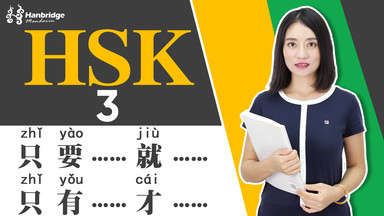
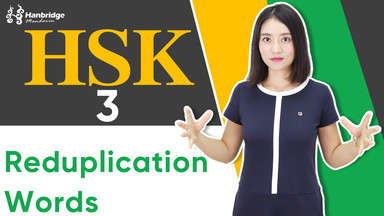
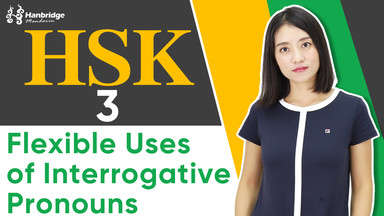
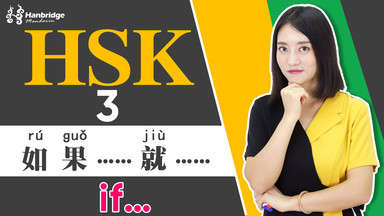
.jpg)
